The Hidden Truth About Joseph McCarthy
Daniel J. Flynn
For generations of American students, the name Joe McCarthy and not Joe Stalin has been synonymous with evil. A practitioner of “black arts,” a “demon,” “ogreish,” and a “seditionist” are a few of the descriptions of him handed down to us from his first major biographer. The passage of time hasn’t tempered these hysterical reactions.
The late senator, the story goes, created a climate of fear in the early 1950s by conducting a witchhunt that called liberals “Communists” and Communists “spies.” We now know better. The witches were real. Today, even many of McCarthy’s most extreme and ridiculed statements—alleging “a conspiracy on a scale so immense” or lambasting “twenty years of treason” in Democratic administrations—seem, if anything, to understate the pervasiveness of Communist infiltration of the U.S. government and the enormity of its damage.
Documents from the Soviet Union’s archives, USSR spy messages deciphered by the U.S. government’s Venona program, and declassified FBI files and wiretaps all prove that hundreds of U.S. officials were agents of an international Communist conspiracy. If these previously inaccessible documents shed light on only a few of McCarthy’s specific charges, they certainly vindicate his general charge that security in the U.S. government was lax and that large numbers of Communists penetrated positions of great importance.
Alger Hiss, Roosevelt foreign policy advisor and first secretary general of the United Nations; Harry Dexter White, assistant secretary of the Treasury and Truman’s appointee as director of the International Monetary Fund; and Lauchlin Currie, administrative assistant to Presidents Roosevelt and Truman, have all been confirmed, among hundreds of others, to have been agents of the USSR. In addition to the multitudes of executive branch agents, we also know of at least three Congressmen working clandestinely for the Soviet Union during this time period.
Government was hardly the only domain targeted by Soviet espionage. Influential media figures like I.F. Stone of The Nation, Michael Straight, editor of The New Republic, and Pulitzer Prize Winner Walter Duranty of The New York Times were actually agents of the Soviet Union. Prominent unions like the Congress of Industrial Organizations and the Screen Actors Guild were dominated by Communists. Even major industrialists like Armand Hammer did their part by laundering Soviet money to domestic U.S. Communists.
Despite many of these new revelations, academic opinion of “tail-gunner Joe,” the central enemy of domestic subversion in the early 1950s, has remained static. This consensus had gone unchallenged within academic circles until the release of Joseph McCarthy: Reexamining the Life and Legacy of America’s Most Hated Senator by George Mason University History Professor Arthur Herman.
In Joseph McCarthy, Arthur Herman writes that the “standard claim that McCarthy had never exposed a real Communist in the government” is “demonstrably false.” A perusal of the major books on McCarthy reveals that this statement itself sets Herman’s work apart.
McCarthy’s “critics were right,” Rutgers Professor David Oshinsky remarks in A Conspiracy So Immense, “he never uncovered a Communist.” Thomas Reeves of the University of Wisconsin opines in The Life and Times of Joe McCarthy that “McCarthy did not have a single name.” Robert Griffith maintains in The Politics of Fear, “Each of McCarthy’s charges was fraudulent.” “It happened to be a fact,” boasted Richard Rovere in Senator Joe McCarthy, “that not one certifiable Communist had been disclosed as working for the government” as a result of the junior senator from Wisconsin’s efforts.
Herman dissents and offers up Owen Lattimore, Edward Posniak, Mary Jane Keeney, Gustavo Duran, and John Carter Vincent as among the cases in which McCarthy had things essentially right.

0 Comments